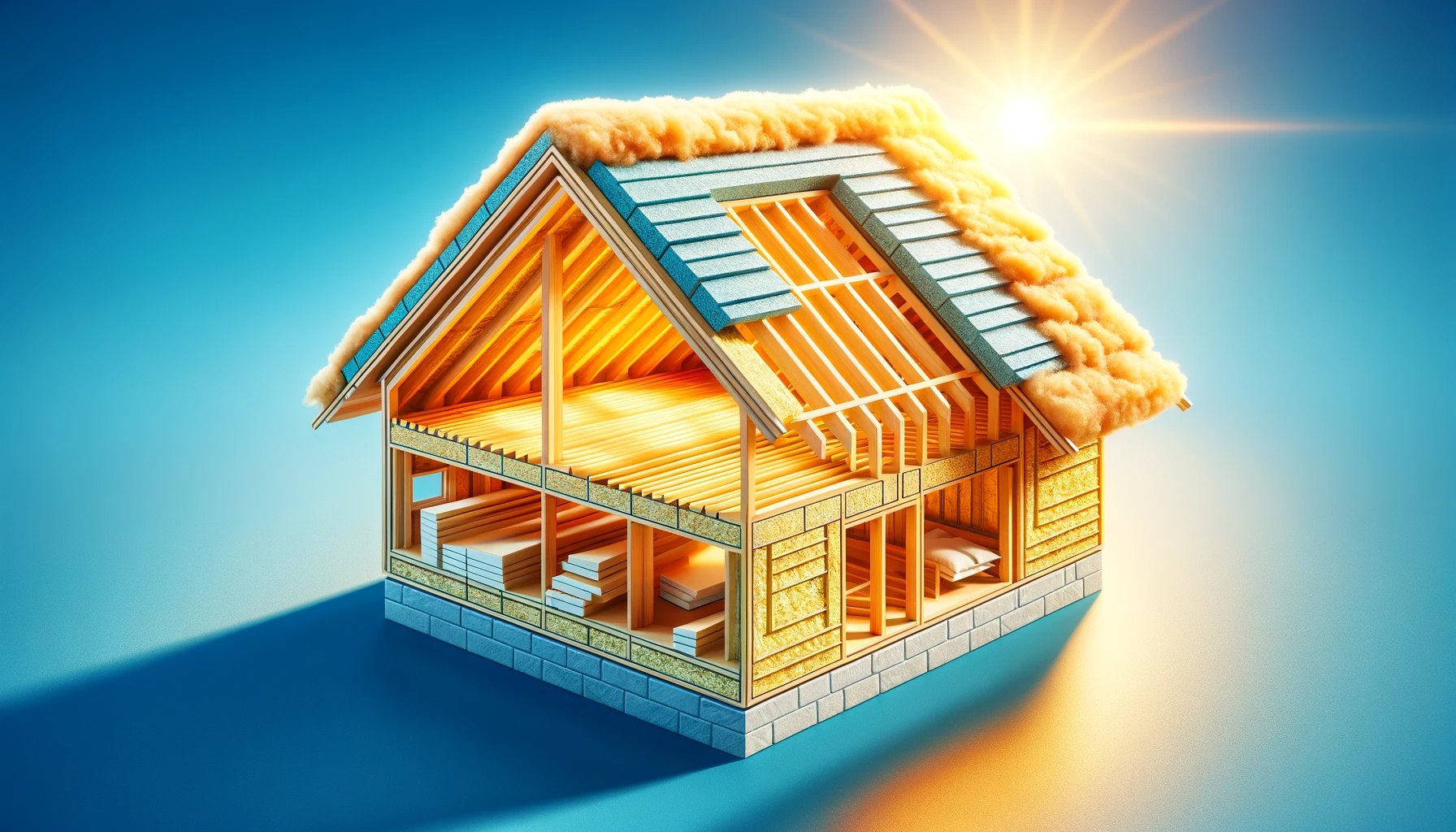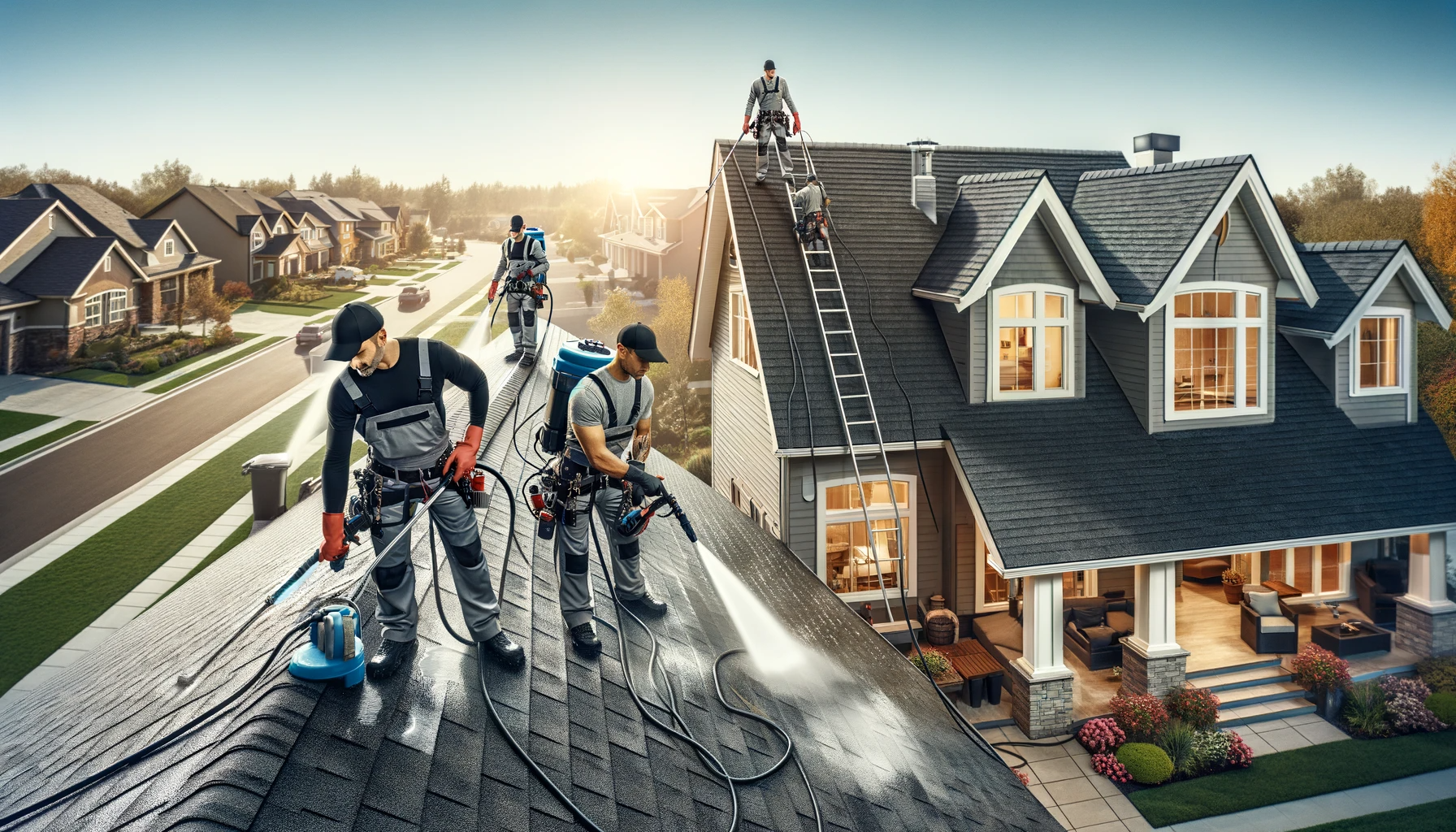Understanding Roofing Warranties: What Arizona Homeowners Need to Know

As a homeowner in Arizona, where the sun blazes relentlessly and the weather can be unpredictable, your roof is your first line of defense against the elements. This is why understanding roofing warranties is crucial. It’s not just about having a roof over your head—it’s about ensuring that this roof will stand the test of time and weather. In this blog, we'll delve into the intricacies of roofing warranties, what they cover, and what you, as a homeowner, need to know to make the most of these warranties.
What is a Roofing Warranty?
A roofing warranty is essentially a promise from the roofing manufacturer or the roofing contractor about the performance and longevity of your roof. These warranties typically cover materials and workmanship, ensuring that your roof remains free of defects for a specified period.
Types of Roofing Warranties
- Manufacturer’s Warranty: This warranty covers the roofing materials. It guarantees that the shingles, tiles, or metal roofing will not fail due to manufacturing defects within a set period, usually 20-50 years.
- Workmanship Warranty: Offered by the roofing contractor, this warranty covers installation errors. If your roof has problems due to incorrect installation, the contractor is responsible for fixing these issues, usually within 2-10 years after installation.
Understanding the Fine Print
Reading and understanding the fine print of your roofing warranty is crucial. Look for:
- Length of Coverage: How long are different components of your roof covered?
- Prorated vs. Non-Prorated: Some warranties are prorated, meaning the coverage decreases over time.
- Transferability: If you sell your house, does the warranty transfer to the new owner?
- Exclusions: What is not covered? Common exclusions include improper maintenance, acts of God, and normal wear and tear.
The Importance of Proper Installation
A significant aspect of roofing warranties is the installation process. Even the best materials can fail if not installed correctly. Ensure that your contractor is licensed, experienced, and familiar with the specific materials being used on your roof.
Maintenance is Key
Regular maintenance is often a requirement in roofing warranties. Inspections, cleaning, and prompt repairs can extend the life of your roof and keep your warranty valid. In Arizona’s climate, this is particularly important due to the potential for sun damage, monsoon storms, and debris accumulation.
Navigating Warranty Claims
If you face an issue with your roof that should be covered by the warranty, document everything. Take photos of the problem, keep records of all maintenance, and contact the warranty provider as soon as possible. Be prepared for an inspection, and understand that not all issues may be covered.
Common Misconceptions
"Lifetime Warranty": Often, 'lifetime' refers to the expected lifespan of the roof, not your lifetime.
Coverage of All Roofing Problems: Warranties typically do not cover every issue that can arise with a roof.
Transferability Equals New Warranty: If a warranty is transferable, it doesn’t reset with the new homeowner.
The Role of the Homeowner
As a homeowner, you play a vital role in the longevity and effectiveness of your roof. Be proactive in maintenance, choose the right contractor, and understand your warranty. If you plan to sell your home, know how your roof’s warranty can be an asset in the sale.
Conclusion
A roof is a significant investment, and understanding its warranty is just as important as choosing the right materials and contractor. As residents of Arizona, where the roof takes on the brunt of harsh weather conditions, being knowledgeable about what your roofing warranty does and does not cover can save you time, money, and stress in the long run. Remember, a well-maintained roof not only protects your home but also maintains its value, making it a crucial aspect of homeownership.














